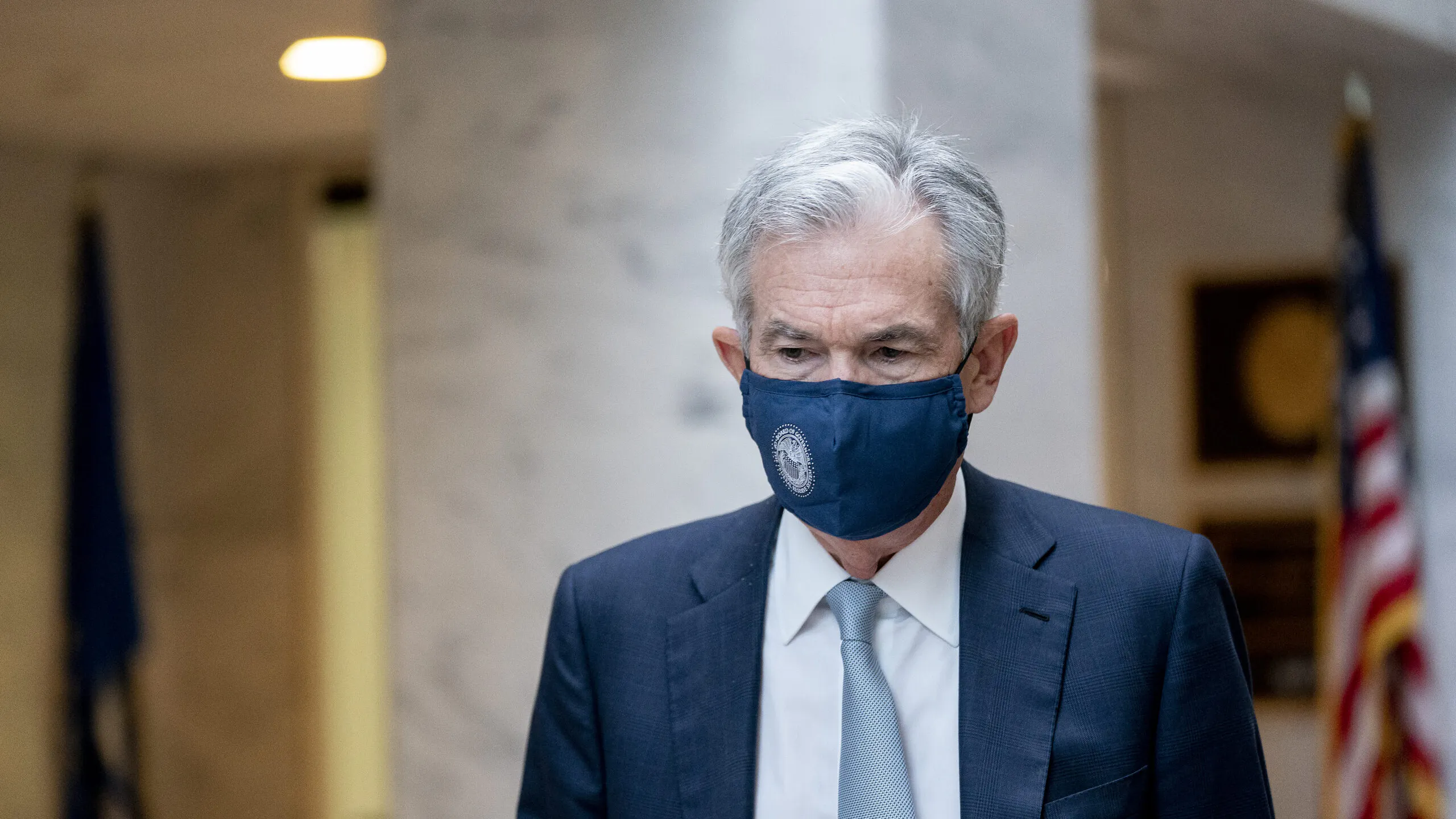Morgan Stanley analysts cautioned that the Federal Reserve’s forthcoming withdrawal of monetary stimulus is more concerning than the Omicron coronavirus variant.
Last month — following nearly two years of aggressive quantitative easing after COVID-19 and the lockdown-induced recession — the Fed announced plans to taper its $120 billion in monthly bond purchases by $15 billion in both November and December. However, the central bank has been eyeing a faster pullback of monetary aid in response to high inflation and an improving labor market.
Fox Business reported:
The newest coronavirus variant may have fueled stock-market volatility in recent days, but Morgan Stanley analysts are arguing that stock investors should be more concerned about the Federal Reserve and its newfound response to the “on fire” economic data.
In a note to clients, the strategists — led by Michael Wilson — said they are “not that concerned about omicron as a major risk factor for equities,” but warned of possible headwinds after Fed Chairman Jerome Powell last week suggested the U.S. central bank may accelerate its withdrawal of pandemic support for the U.S. economy.
“Tapering is tightening for the markets and it will lead to lower valuations like it always does at this stage of any recovery,” the analyst note said.
The investment bank’s warning comes after Goldman Sachs revised its 2022 economic growth outlook from 4.2% to 3.8% due to uncertainty surrounding the new virus strain.
During testimony to the Senate Banking Committee last week, Powell acknowledged that the inflation rate is running “well above” the Fed’s 2% long-run target.
“Most forecasters, including at the Fed, continue to expect that inflation will move down significantly over the next year as supply and demand imbalances abate,” he explained. “It is difficult to predict the persistence and effects of supply constraints, but it now appears that factors pushing inflation upward will linger well into next year. In addition, with the rapid improvement in the labor market, slack is diminishing, and wages are rising at a brisk pace.”
“We understand that high inflation imposes significant burdens, especially on those less able to meet the higher costs of essentials like food, housing, and transportation,” he added. “We are committed to our price-stability goal. We will use our tools both to support the economy and a strong labor market and to prevent higher inflation from becoming entrenched.”
The Personal Consumption Expenditures Price Index, which serves as the Fed’s preferred inflation metric for charting monetary policy decisions, hit a year-over-year rate of 4.1% in October — its highest level since 1991.
In October, prominent hedge fund manager Bill Ackman argued that “the Fed should taper immediately and begin raising rates as soon as possible.”
“We are continuing to dance while the music is playing, and it is time to turn down the music and settle down,” he explained. “As we have previously disclosed, we have put our money where our mouth is in hedging our exposure to an upward move in rates, as we believe that a rise in rates could negatively impact our long-only equity portfolio.”

.png)
.png)

